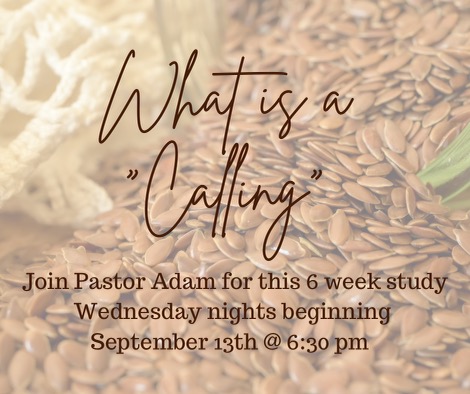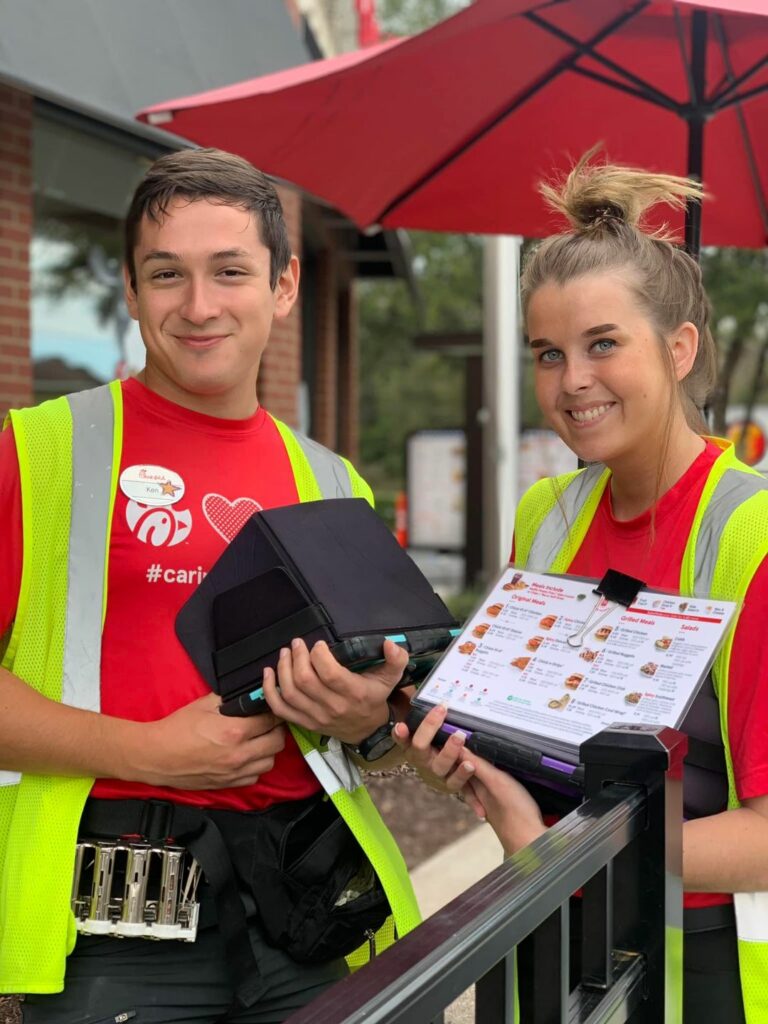Immigrant, Tourist or Exile? You can only be one.

1 Peter 1:1-3 says: “Peter, an apostle of Jesus Christ, to those who are elect exiles of the Dispersion in Pontus, Galatia, Cappadocia, Asia, and Bithynia, according to the foreknowledge of God the Father, in the sanctification of the Spirit, for obedience to Jesus Christ and for sprinkling with his blood: May grace and peace […]
What is a “calling”?

Kindness: Do I have to?

Are Christians called to be KIND? I feel like people who have made habit out of quick, witty retorts (during middle school it was more of a defense mechanism), should get a spiritual hall pass on kindness. But alas, the Bible says otherwise. Why is it so hard to be kind? Why are people so […]
Sisters In Christ, Choose The Good Portion

Luke 10:38-42 Now as they went on their way, Jesus entered a village. And a woman named Martha welcomed Him into her house. And she had a sister called Mary, who sat at the Lord’s feet and listened to His teaching. But Martha was distracted with much serving. And she went up to Him and […]
Rest > Control

In an article titled Anxious for Nothing Addressing the Worry I can’t Explain, Jared Wilson expresses several things we can do with our “anxious nothings!” Anxious nothings: those things we worry about constantly but can’t control. This category ranges from the panicked parents with multiple children who want their house looking like the front cover […]
Don’t Waste Your Quarantine, Beloved.

I’ll cut right to the chase… I hate that we can’t meet. I know two things can be true at the same time and our current situation is a fine example. 1) God will bring us heaven. That is our future. Whatever happens from here on out, if we have been redeemed by the blood […]
